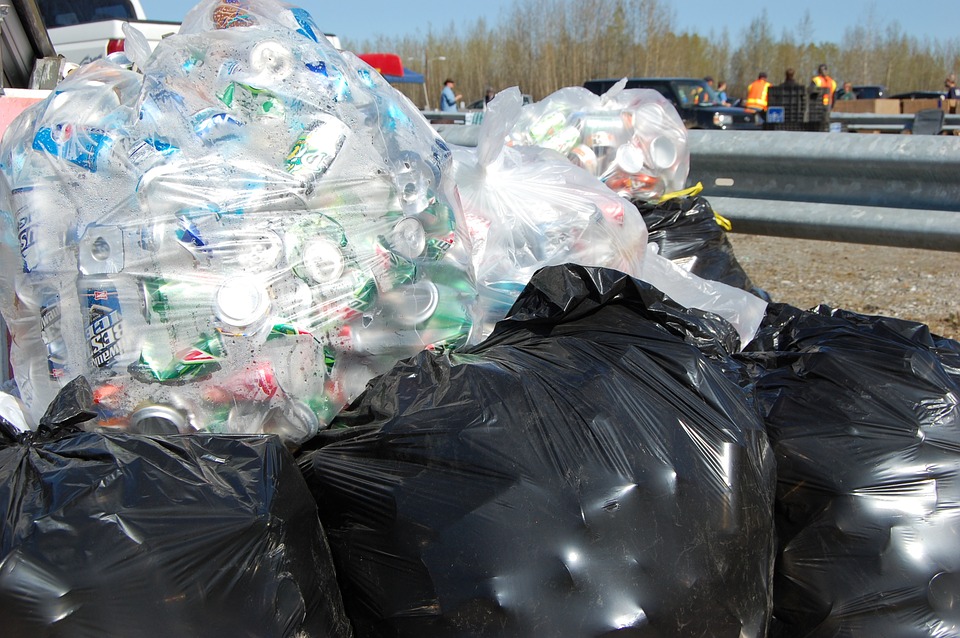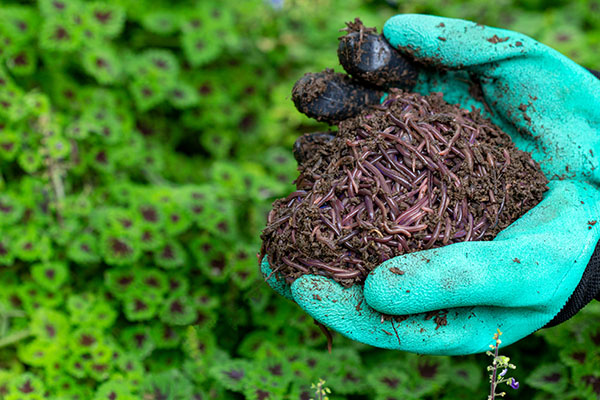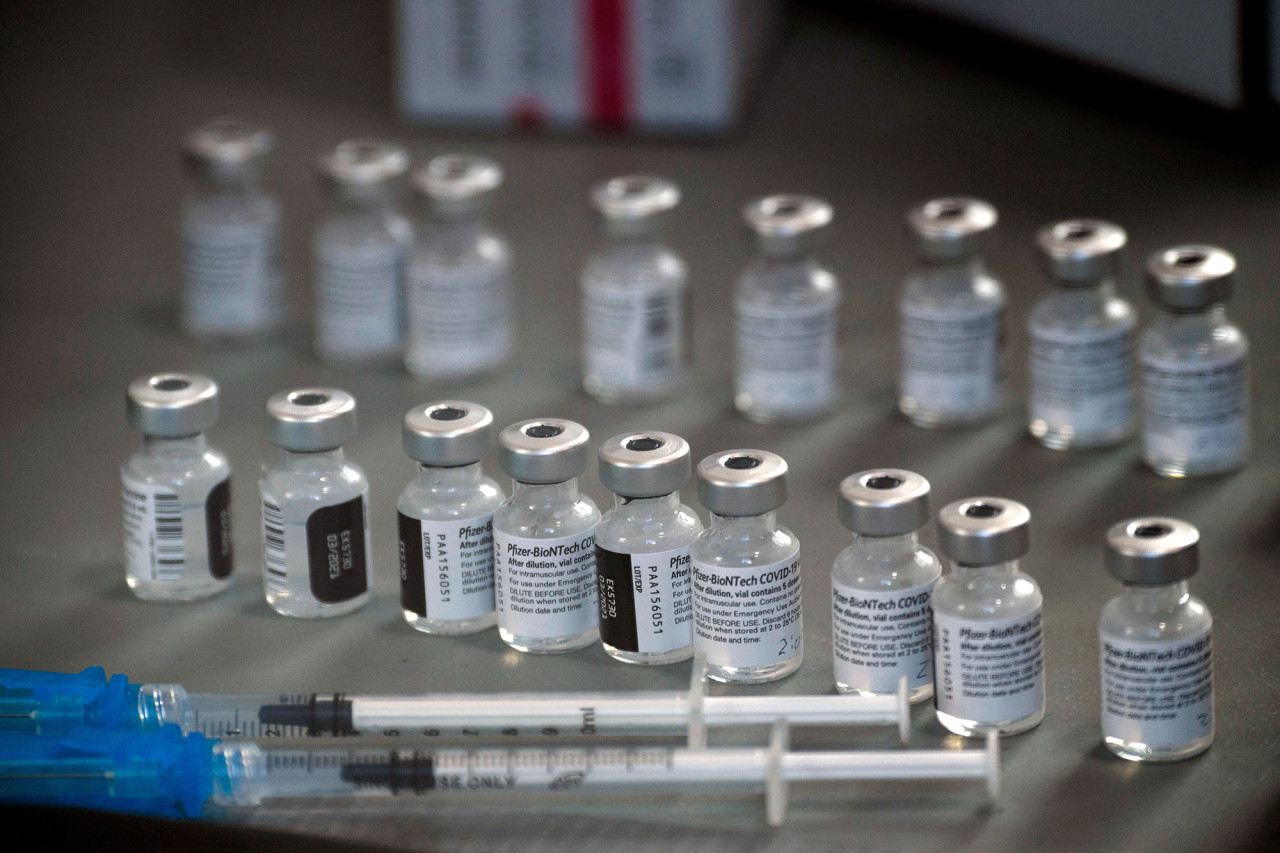Industry influence crippling lawmakers’ attempts to pass laws protecting consumers from FOREVER CHEMICALS
05/10/2023 / By Laura Harris

Proposals targeting the largest sources of per- and polyfluoroalkyl substances (PFAS) exposure have repeatedly failed in recent legislative sessions despite growing awareness of the risks associated with “forever chemicals.”
PFAS is the umbrella term for approximately 15,000 chemicals used in producing countless consumer products across various industries. These chemicals resist water, stains and heat, leading to their vast application. Unfortunately, even low levels of exposure to PFAS have been linked to severe health conditions, including cancer, thyroid disease, kidney dysfunction, birth defects, autoimmune diseases and more.
But powerful corporations involved in producing and using these chemicals have derailed efforts to enact comprehensive consumer protections. As a result, the health and well-being of the public continue to be compromised, as industry interests have stifled regulatory actions.
While federal progress has faltered, a glimmer of hope has emerged from a patchwork of state laws enacted in recent years. Several states, primarily those under Democratic control, have taken matters into their own hands and passed legislation restricting the use of PFAS in various consumer goods. These state-level initiatives have forced many companies to phase out PFAS, as the chemicals become illegal in consumer products within some of the nation’s largest economies.
The Guardian outlined two such state-level measures to address PFAS. It reported that the state of Maine has banned all non-essential uses of forever chemicals, while the Vermont Senate unanimously approved a prohibition on PFAS in cosmetics, textiles and artificial turf. (Related: Maine becomes first state to enact broad ban of toxic PFAS “forever chemicals.”)
Companies face “public pressure” to ban PFAS use
The adoption of state laws, alongside the pressure exerted by advocacy groups and concerned consumers, have played an important role in urging companies to commit to phasing out “forever chemicals.” Outdoor equipment company REI is one such company that faced “immense pressure” to stop using PFAS in its products.
Toxic-Free Future (TFF) Director Mike Schade said more than 100 NGOs and 150,000 cooperative members signed a petition demanding the company eliminate PFAS. The petition called for REI to drop forever chemicals in its apparel 18 months ahead of a California ban. Schade himself spearheaded the effort through TFF’s Mind the Store program.
The effort paid off as REI announced it will ban PFAS in all textile products and cookware from its suppliers. The initial restrictions will take place in the fall of 2024, and will extend to other products until the fall of 2026.
Several large companies have committed to eliminate PFAS from their products. Cosmetics firms Sephora and Revolution Beauty also followed suit. These actions followed the decision of chemical giant 3M to discontinue the production of PFAS.
“If we get more companies to act, that builds more political support for action at the state level to regulate and restrict harmful chemicals like PFAS,” Schade said. “At the same time, more states acting will create more pressure on businesses to take action ahead of state policies.”
Chemicals.news has more stories about PFAS in consumer products.
Watch this video about forever chemicals being detected in the water systems of nearly 2,800 U.S. cities.
This video is from The Sword & Shield channel on Brighteon.com.
More related stories:
Maine becomes first state to enact broad ban of toxic PFAS “forever chemicals.”
Tampons, including “organic” brands, found to contain toxic PFAS (fluorine) chemicals.
Study: “Forever chemicals” in popular cooking products increase risk of liver cancer.
Sources include:
Submit a correction >>
Tagged Under:
banned, big government, conspiracy, corruption, Dangerous, environment, forever chemicals, lawmakers, legislation, PFAS, poison, products, progress, public pressure, REI, revolt, toxic chemicals, toxic ingredients, toxins, traitors
This article may contain statements that reflect the opinion of the author
RECENT NEWS & ARTICLES
COPYRIGHT © 2017 TOXINS NEWS




















